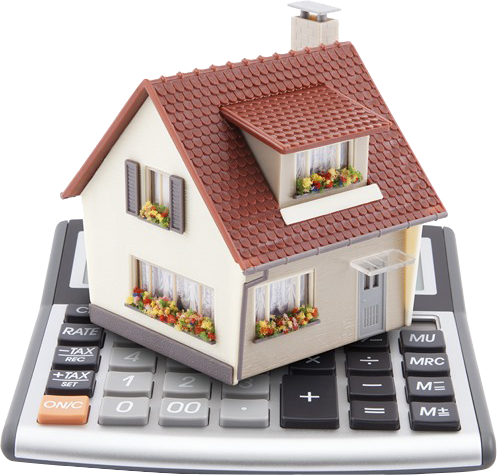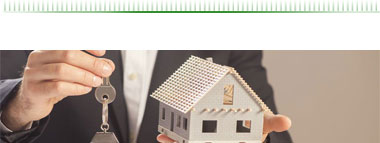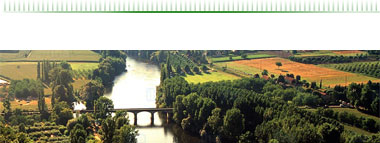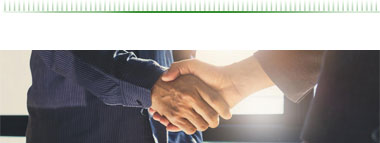Tips for installation
 |
Getting settled inAs a citizen of the European Union and the European Economic area (EU, Norway, Liechtenstein, Iceland, Switzerland, Monaco and Andorra), you can travel without restriction in France with your passport or your identity card. If you are a citizen of another country and you wish to stay for more than 3 months, you must obtain a long-stay visa (visa de long séjour) or a temporary stay visa (visa de de séjour temporaire). Here is a list of essential documents, which can vary according to your situation that you will need upon your arrival in France
|
Residence permitAll citizens outside the EU and the European Economic area must, within eight days of their arrival in France, present themselves at the Foreigners Reception Centre (Centre de Réception des Étrangers) with their passport and their visa to ask for the residence permit. Your employer can do these steps for you but be aware that your obliged to obtain this document. |
Work permitCitizens of countries outside the EU are not authorised to work in France (whether it be temporary, voluntary or paid work) without having obtained a work permit before arriving in France. These authorisations are subjet to professional and geographical criteria. |
The French health systemIf you reside in France and you are employed by a company in the country, you can benefit from a complete coverage by the French social security system. You will have to advance the costs of the care during treatment. If you are covered by the system you will reimbursed, the rate of reimbursement being variable according to the nature of the treatment. |
The French education systemSchooling is obligatory for children from the age of 6 to 16 for all French and foreign children residing in France. You have the choice between a public establishment or a private one. Schools in the public sector are free. |
Opening a bank accountOpening a bank account in France will allow paying your mortgage loan monthly, receiving your salary from a French employer as well as easily settling your bills and other expenses. For many services such as water and electricity, you will need to provide your French account information as a financial guarantee. |
The first steps to settling inTo obtain electricity, water, gas and possibly internet and telephone, you will have to contact these specialized companies.
|
WaterYou must make your request to the water company that services your area. The Valora agency (or the town hall) can inform you which company is concerned in your case. Electricity and mains gasThese services being open to competition, you can compare different companies and the services they offer on the Internet. This will be even more important if your home didnʼt already have these services. You will have to compare their offers and request the installation of meters. If your home is already connected, you may use these services but you will have to contact the relevant companies as soon as possible to draw up new contracts. Internet and telephoneWith deregulation, there are many companies offering different subscription plans. Consult these companiesʼ offers and conditions on the Internet according to your needs. You can also subscribe to an offer that has Internet, television and a fixed phone line in one package. InsuranceIt is recommended to contract insurance as soon as you become owner of your new property. An insurance contract is usually based on the number of rooms in the house. In this calculation, exclude the halls, entrances, kitchen, bathroom and toilets but be aware that large rooms can sometimes count as two rooms. Insurance is obligatory in the case of a purchase with a mortgage loan; the bank will ask you for it. |
Main taxes related to the residenceProperty tax (taxe foncière)The property tax is due every year by all owners on the 1st of January of the year of occupation of a developed property or vacant land and regardless of where the main residence is. When you buy (or sell) a property in the course of the year, usually the tax will be split between the buyer and the seller in proportion to the time spent in the property. Residential tax (taxe d'habitation)This tax is due every year by any person occupying a home. Itʼs the occupant on the 1st of January of the year of imposition that has to pay the tax. To pay your taxes, several options are available. You can pay them directly on the Internet on the government website www.impots.gouv.fr. You can also opt for a monthlydirect debit from your account. The Valora agency is at your disposal to answer any questions or doubts you may have regarding the procedures or the taxes you will be due for |
 |









